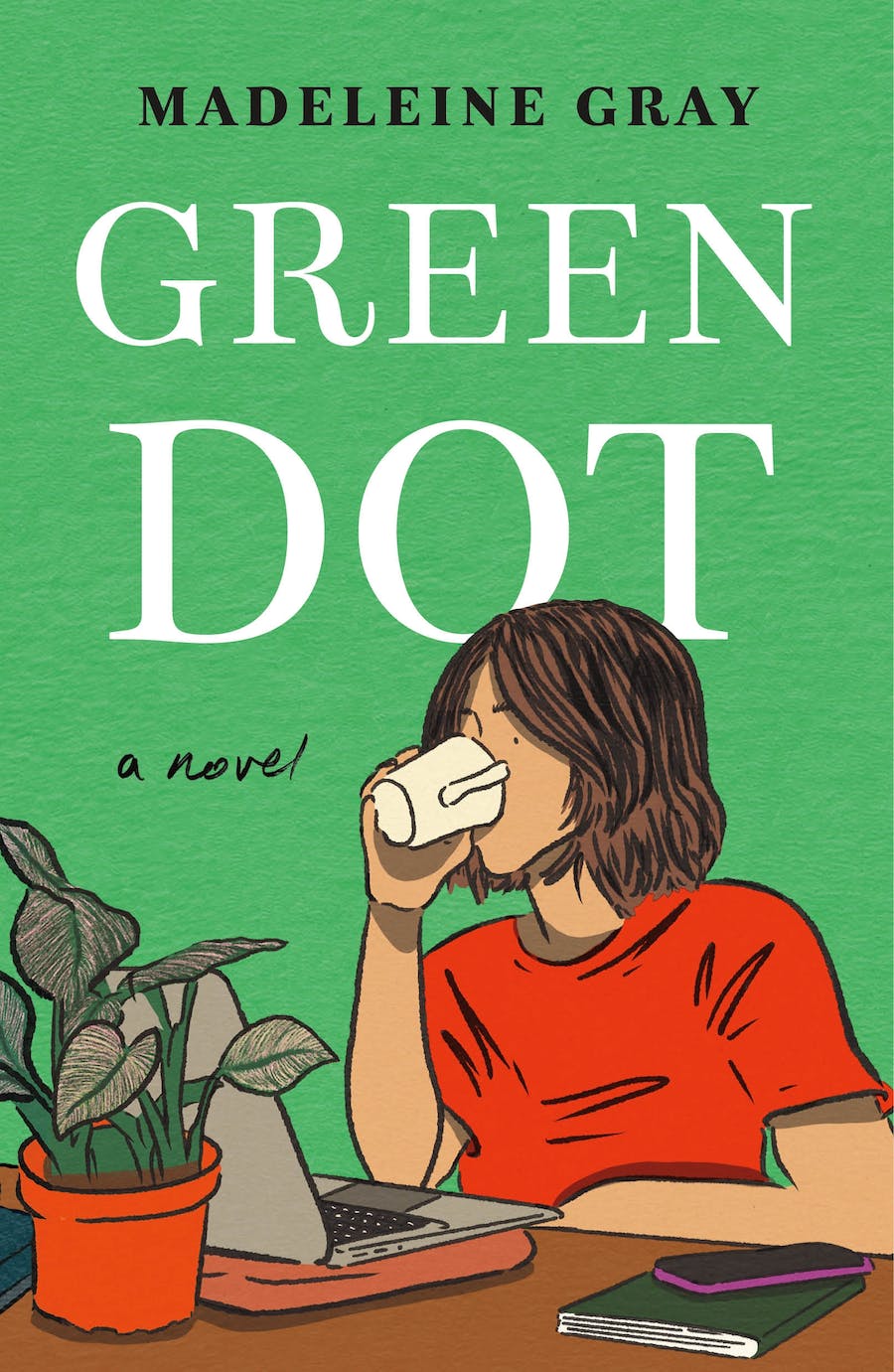As a teenager I presumed that in life I would encounter rooms I wanted to enter more fervently than the teachers’ staffroom at lunchtime, but this has so far not proved to be the case. Each one of the teachers, even the substitutes, must have had some sort of life before coming here. And yet they had all decided that this room was it for them. I was desperate not just to impress the teachers but to know them. I wanted to know which teachers liked which other teachers, and which students were universally detested by them. I wanted access to all the schoolyard anecdotes from the perspective of those whose social lives were not determined by those anecdotes. I wanted to know why Mrs. Vale had left Ireland, and why she always had such a sadness in her eyes when she plotted our assessment marks on the whiteboard like a passive aggressive Rorschach test. I wanted to understand why Mr. Simmons was so obsessed with e e cummings—who had hurt him? I wanted them all to tell me candidly what they thought of the outside world, and whether they recommended ever entering it.
Back then, what was difficult to convey to others was that I really was not being disingenuous when I said that I had no specific career ambitions. I did not want to have a job. Obviously we would all need money to feed and house ourselves when school was over; I didn’t not foresee that. Maybe for most of us this would mean having to do stuff for companies or whatever happened in business. KPIs? P&Ls? Circling back? But why were we all talking like the way we wanted to subsist was via indefinitely spending most of our waking hours doing something with very little relation to the formation and development of our selves, a development which, until this point, we’d been told by our teachers and parents was very important? Why would anyone dream about having a job? I felt like the world was trying to trick me. I felt like the butt of a joke I did not understand.
I’m aware that some people have terrible school experiences, and so creating a life for yourself on your own terms might seem like a really appealing prospect. But far from feeling bridled by restriction in my school uniform and my timetabled classes and the school gate that locked stragglers out at 8:45 a.m., I must admit that I enjoyed this little haven, sundered as it seemed from the rest of the world. Here, we had no obligation to anything but our own learning. Sure, the system was set so that our knowledge about Sparta would eventually transmute into a leaving certificate mark that would gain us entry into a profitable university degree, but just for now, if we experienced this chunk of our lives in the abstract, the goal was simply to learn about the hoplite phalanx and the socioeconomic stratification of ancient civilisations and metaphors in Australian poetry and the relation between Anselm Kiefer’s indexical traces and the collective guilt of post-war Germany. It was a girls’ school: there were no boys to distract us from our bizarre fixations and antics. It was a girls’ school: we were insane and brilliant.
Disappointingly and confusingly for my guidance counsellor, who prided herself on her ability to “match” students to their perfect future careers by asking them five questions about their interests and aims, I worked hard in school because I liked learning and because I saw school as a perfect little realm of intellectual industry and competition that could act as a litmus test for my own potential. I wanted to confirm my own suspicion that if I put my mind to it, I could beat everyone I knew. I wanted direct evidence that I was not like the other people, and that if in life I did not gain money or professional accolades this was not because I was less capable than others, but because I chose not to engage in systems that presented careers as rewards.
Others would be rich, but I’d have the music, or something to that effect.
I thought that if I beat every other person my age in high school, then as the years rolled by and the disparity between their incomes and my own grew ever larger, or maybe they felt happiness and contentment and I didn’t, I could comfort myself by knowing that I was smarter than all of them. Much like when I lost a tennis match (or, indeed, any game I played as a child), I totally could have won if I’d tried.
As someone who now writes this without money or my own Spotify subscription, I suppose if I were either cruel or even pragmatic I would report back to seventeen-year-old me and warn her that her logic would actually bring her neither the riches nor the music. But I am neither cruel nor pragmatic, and she’ll find out soon enough, with or without help from me. It might also be helpful to tell her that “Dance Me to the End of Love” is actually about the Holocaust, so perhaps best not sing it to boys at parties like it’s a seductive come-on—but no, you’re right, she’ll work it out.
__________________________________
From Green Dot by Madeleine Gray. Used with permission of the publisher, Henry Holt and Co. Copyright © 2024 by Madeleine Gray.













